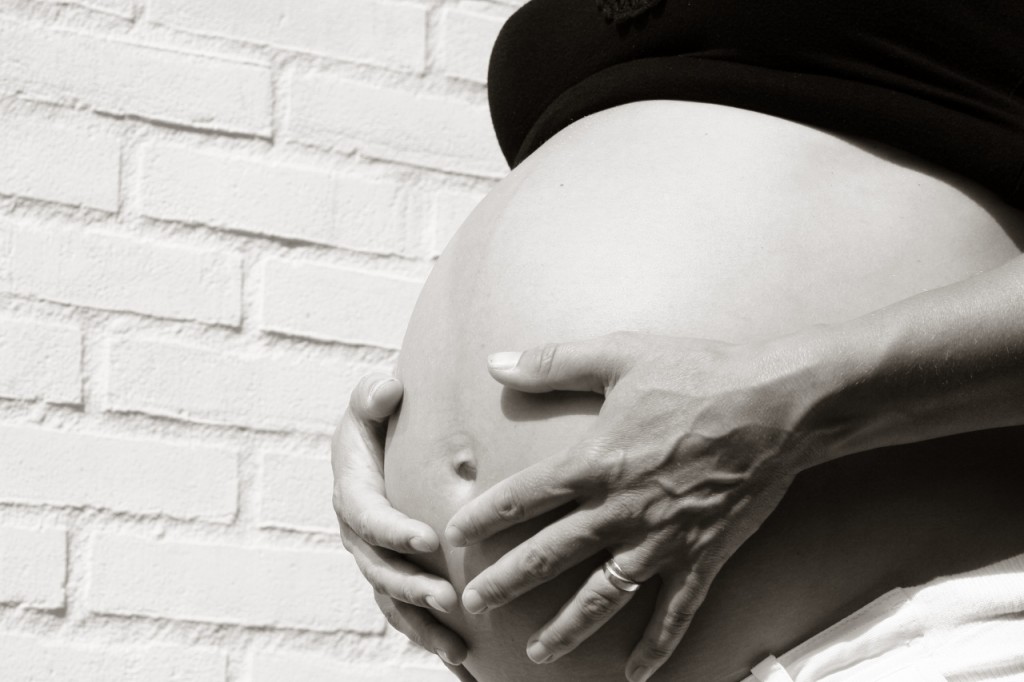
One thing people often ask is whether they should change their exercise regimes after they reach certain ages. Most know after they retire they require new hobbies to keep the mind going and something to replace the social aspect of work they once had. Almost everyone knows they need to watch their finances more closely when living on a fixed income. However, almost no one knows or seemingly asks whether they need to alter their diets at all. Spoiler Alert…the answer is ‘yes.’
As we age, our body’s metabolism slows down. We are no longer able to burn the amounts of calories that we did when we were able to in our twenties. I never believed it until I hit the thirty-year-old mark and started putting on some extra pounds. At first I made numerous excuses about not working out for hours in the gym like I did before kids and added stress from increased work responsibilities. Although, these did add to the problem, they were not the root cause. Bottom line is that I was still eating like I was 20.
I altered my calorie intake and quality of food slightly and changed almost nothing else. Within three months I had lost the extra 14 pounds I added. Then I started to notice others around me. Many people were doing the same thing…especially those who were retired. They were taking in large portions of food and were not as active as they once were.
When we quit working, we are not walking all around the office, factory, or wherever like we used to. When we are not mandated to be certain places at certain times five days a week. There is less of a need to move as quickly or as much. Therefore, there is not as much of a need to eat as many calories.
Some ideas for change
It is recommended that those over 50 take about a 10-15% cut in calories from their 20 year old counterparts. A woman who is moderately active needs 2,000 calories at 20 and only 1,800 at 50 and beyond. Likewise, men require about 2,600 calories while being moderately active at 20, opposed to the 2,200 daily calories recommended for a 50 year old. This is a big mental game really. Many of us eat meals while we are working. We take a lunch break and then eat dinner at home. Our days are structured around these and seldom deviate with exception of a snack here and there.
When we are no longer in the rat race, we are free to eat when and where we choose. Many people who are not at work “graze” as they go about their day. They eat many mini-meals (not snacks), but sandwiches before lunch, after lunch, and before dinner. Some of these snacks are 700 calories and beyond. What tends to happen is that there is a 40% increase in the calories taken in not a decrease as we need.
As we alter other things with age, we need to examine our diets too.











